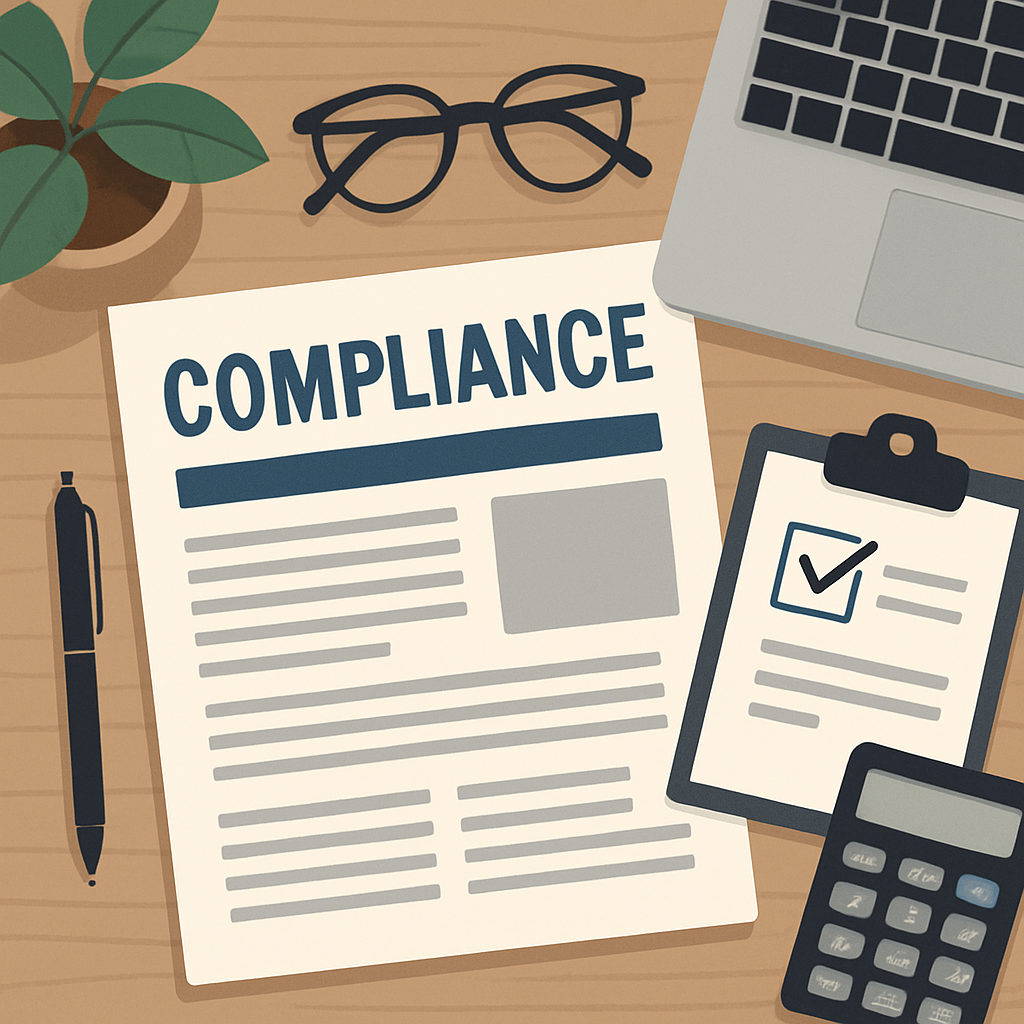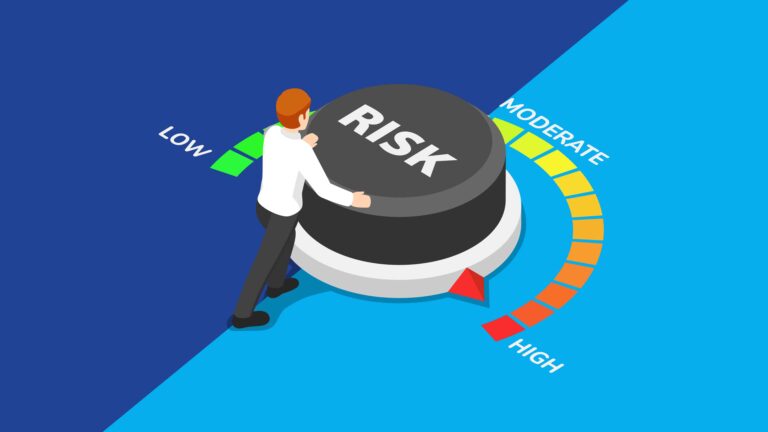Financial Services and Markets Act 2022 – Link
There have been multiple debates on the impact of the Financial Services and Markets Act (“FSM Act”) in the last few weeks, culminating from the recent responses that the Monetary Authority of Singapore (“MAS”) had provided, in relation to consultations that were raised in Q4 2024 on the proposed regulatory approach and subsidiary regulations for Digital Token Service Providers (“DTSPs”) issued under the FSM Act.
We’ve taken some time to review market responses while also reading the primary legislative updates, along with the MAS’ inputs and expectations arising therefrom.
The quick take:
If you are currently an unlicensed/non-exempt DTSP based in Singapore who may have benefited from regulatory arbitrage by providing (what may be deemed to be) regulated activities under the Securities and Futures Act (“SFA”), Financial Advisers Act (“FAA”) and/or the Payment Services Act (“PSA”) (together known as “the Legislation”) to customers outside Singapore this position has now changed. To be fair, this was always the regulatory expectation – but the regulatory tightening to this effect has only just occurred. – and you would likely be subject to the licensing requirement as under section 137 of the FSM Act and must suspend or cease carrying on your business of providing Digital Token services outside Singapore by 30 June 2025.
In summary, a license under part 9 of the FSM Act would be required if you are:
- a Company incorporated in Singapore/ person operating from a place of business in Singapore
- carrying out any regulated activities deemed to fall within the scope of the Legislation or “Digital Token” services as defined under Part 1 of the First Schedule of the FSM Act
- providing said services to customers outside of Singapore
- Implications of the FSM Act for DTSPs in Singapore
The FSM Act represents a significant overhaul of Singapore’s financial regulatory framework, consolidating and enhancing the MAS’ powers to address emerging risks in the financial sector. This comprehensive legislation introduces several key provisions that directly impact current DTSPs based within Singapore, and those who fall under the purview of the expanded scope under the FSM Act.
- Extraterritorial alignment and enforcement
DTSPs offering services to overseas customers must comply with both Singapore’s regulatory framework and the regulatory requirements of the jurisdictions in which they offer their services. The FSM Act’s alignment with international standards facilitates cross-border regulatory cooperation, enabling MAS to assist domestic authorities and foreign AML/CFT supervisory counterparts in overseeing the provision of such services.
- Enhanced Regulatory Oversight for Digital Token Services
Under the FSM Act, the definition of “Digital Token Services” has been expanded to align with the Financial Action Task Force (“FATF”) Recommendations. This broadens the scope of regulated activities to include
- dealing in Digital Tokens (“DTs”)
- facilitating the exchange of DTs
- inducing or attempting to induce any person to enter into agreements for buying or selling DTs
- accepting DTs for the purposes of transferring or arranging for the transfer of DTs
- safeguarding or administration of a DT or DT instrument
- Advisory services relating to the offer or sale of DTs
It is important to note that DTs under the FSM Act include both digital token-versions of Capital Market Products as per the SFA as well as Digital Payment Tokens as per the PSA.
- Asking the right questions, understanding the right expectations
We have seen many questions arising from the introduction of this phase of the FSM Act. Many of these are from individuals, entities and businesses that are unable to get clarity about the nature of their activities and whether these would be caught under said Act. To this effect, we would like to clarify the following:
- Firstly, is what you are doing deemed to be a “regulated” or “exempt” activity under the Legislation?
- Based on the attributes of the assets that you are handling, would the asset type fall within the definition of a Capital Markets Product under the SFA or Digital Payment Token (“DPT”) under the PSA?
If you were in Singapore, offering your services to customers in Singapore, you would already have had to be licensed, recognised or exempt from licensing if your answer to these 2 questions is “Yes”. If your answer is a “Yes” but you are yet to be licensed or exempt, then it is likely that you would be caught under the licensing requirements spelt out in the FSM Act.
- Potential Exemptions
The MAS has defined any technical service provider that supports the provision of DT services to be exempt from licensing. This applies so long as the service provider does not enter into possession of any money or DTs under that DT service.
The exemption extends to
- the service of processing and storing data;
- any information technology security, trust or privacy protection service;
- any data and entity authentication service;
- any information technology service;
- the service of providing a communication network; and
- the service of providing and maintaining any terminal or device used for any digital token service;
- any digital token service that is provided, in respect of any central bank digital token, by any central bank or financial institution;
- any digital payment token service that is provided in respect of any limited purpose digital payment token.
- Contentious Arguments Stemming from the Exemptions
While the FSM Act has defined Advisory Services in relation to Digital Tokens, it is important to note that Advisory services relating to Digital Payment Tokens are not specifically provided for under the Legislation – though it could be argued that the current limb of dealing in DPTs and/or inducing someone to transact in DPTs under the PSA could extend to such “advisory” services in relation to DPTs.
So how does this affect specific business types?
- Regulated Fund Managers providing DPT advisory services
This could be possible if:
- This does not take away from the “substantive fund management” element of your business, where the far greater portion of assets managed/advised on must comprise of Capital Market Products
- Such services are incidental to your current business model
- You can demonstrate your thorough understanding of the risks that the offer of such services brings to your business, and that
- your internal policies and processes (e.g. Compliance Manual, AML Policy, EWRA) provide for such risks
- adequate disclosures are made to your investors about such risks (e.g. through your offer documents)
However, do note that any variation of your current service offering under your Capital Market License should be clearly communicated to the Monetary Authority of Singapore prior to the commencement of such activity(ies).
- Utility Token Issuers
If you are a token-issuing entity based in Singapore, you may continue to do so on the premise that your token falls squarely within the definition of a limited purpose digital payment token under the FSM Act (and the PSA), which therefore exempts you from licensing obligations.
It is, however, recommended that you ensure appropriate AML/CFT measures as defined under PSN02 (and its supplementary guidelines) are followed.
- Broker-Dealers
If you are a Broker-Dealer for tokenized Capital Markets Products, you would likely need a Dealing in Capital Market Product license. Notwithstanding that certain “incidental” exemptions may apply, if you were also offering DPT brokerage services from the same entity, you would require a Payment Services License for DPT services[1].
For specific permutations on product types – if you are an entity offering DPT Derivatives, while the product type in itself does not seem to be caught under any regulatory provisions thus far, it is important to note that the wording used in both the FSM Act as well as the PSA, particularly with respect to “Inducing” and “Dealing”, could be used to infer that the activities relating to such offer be deemed regulated – and therefore one could get caught under this, especially if providing such services without taking into accord the relevant ML/TF risk exposure. Also to note that if the underlying asset is a stablecoin, this too could cause it to be caught under the ambit of the FSM Act.
Conclusion
The FSM Act significantly bolsters the MAS’ powers in relation to entities involved in Digital Token services in Singapore, emphasizing the need for robust AML/CFT compliance, and stringent TRM practices, the latter of which is expanded upon even for existing licensees under the Legislation. Such entities must ensure they are fully compliant with these requirements to operate effectively and securely within Singapore’s financial ecosystem.
The main aim of the FSM Act is to prevent Singapore’s reputation as a financial hub from being abused by such entities.
If you are concerned about meeting the 30th June deadline, or still unsure whether you could be caught under any of the provisions detailed herein – feel free to reach out to us at admin@thecuriaregis.com.
Please note that none of the information shared above is to constitute legal advice, but instead merely represents the opinion of the writer.
[1] This does not incorporate other regulated elements of the services carried out, which may or may not be exempted as aforementioned, such as e-money, domestic and cross border money transfer services, amongst others.



